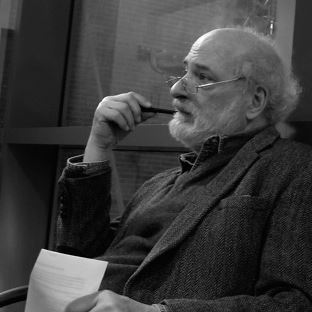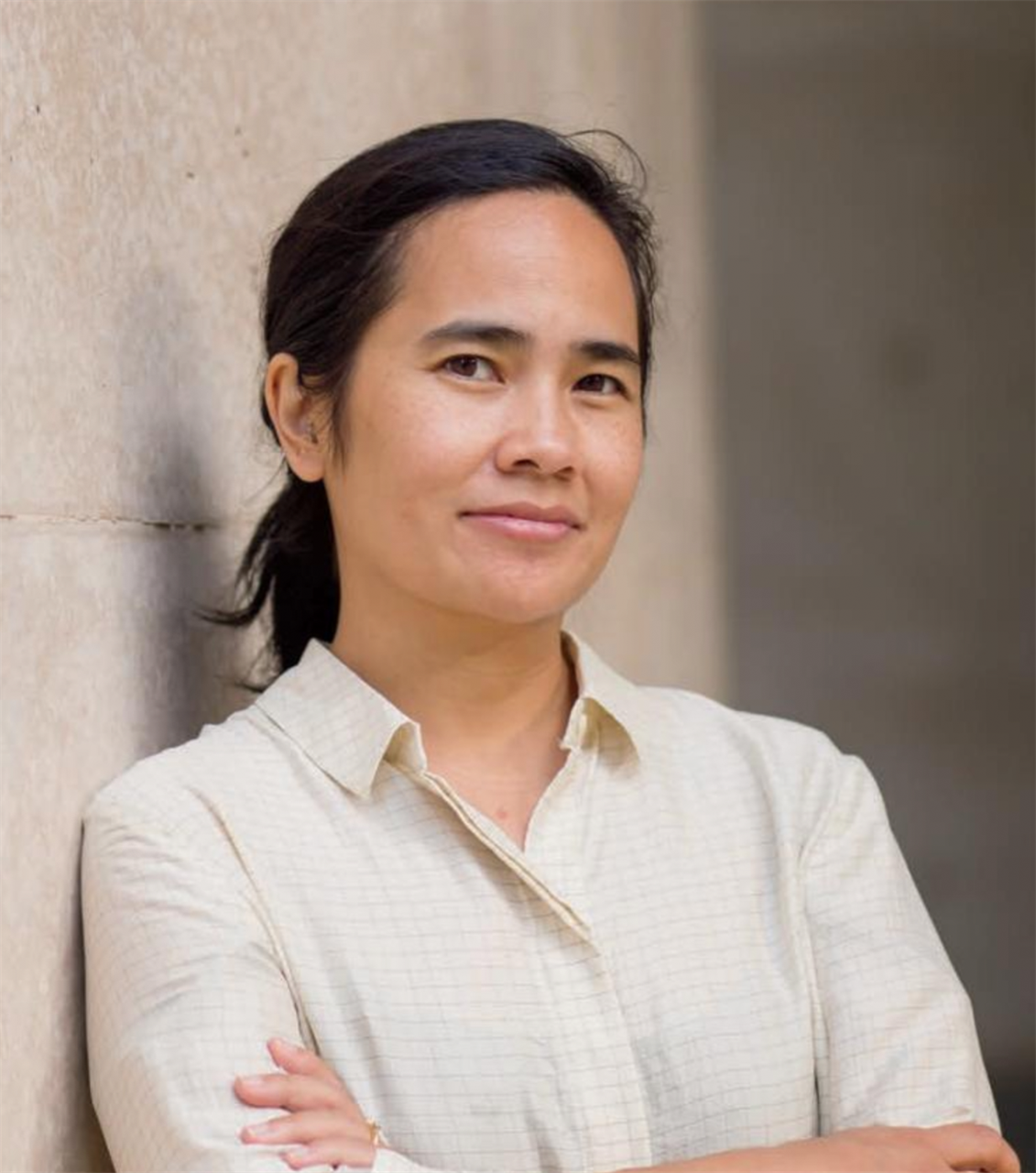Monday, February 27
7:00pm
A brief business meeting will precede the presentation of papers.
Presented via Zoom; Pre-registration required.
REGISTER HERE:
https://www.nesah.org/event-5160899

Dennis De Witt
Brookline's Mount Vernon Portico Houses
Three tall columned houses in Brookline’s Green Hill neighborhood, dating from 1794 to 1806, have been identified with the label “Jamaica Planter.” Two are associated with well known later occupants — architect Henry Hobson Richardson and Boston Grand Dame, Isabella Stewart Gardner. Exploring the genesis of “Jamaica Planter” revealed only a casually generated term that offered a convenient explanation for some unusual houses. However, it did not comport with the first of these houses, Senator George Cabot’s “Old Green Hill.” Its inspiration may have been George Washington’s Mount Vernon portico.

Dennis De Witt holds Masters degrees in architecture from Harvard and the University of Pennsylvania. He is a Past-President of S.A.H./New England, a former Vice-Chair of the Brookline Preservation Commission, a Director and Past-President of Boston’s Metropolitan Waterworks Museum, and a Commissioner of the Massachusetts Historical Commission. He has been involved with historic preservation for over 50 years. His book-length publications include Modern Architecture in Europe: A Guide to Buildings Since the Industrial Revolution and various studies related to Boston’s 19th century water system, its architects and technology.

Diana Martinez
The Olmsteds and the Imperial Prospect
In March of 1901 the U.S. Secretary of War wrote to the Olmsted firm requesting advice on improvements to Manila. Though Olmsted Jr. declined the job, he deeply influenced Daniel Burnham’s eventual plans. This paper will consider the legibility of U.S. Empire insofar as it is expressed in Olmsted’s work and influence.

Diana Martinez is an assistant professor of architectural history and the director of architectural studies at Tufts University. She is completing a book manuscript, Concrete Colonialism: Architecture, Infrastructure, Urbanism and the American Colonial Project in the Philippines.

Robert Cowherd
Doing History in the Anthropocene
Teaching history to undergraduates as they inherit the multiple intertwined crises of the 21st century compels a critical reexamination of what we teach and how. Facing a torrent of information, how do they construct a dependable foundation for collective action? The challenge is to replace conventional teaching and learning mindsets to mobilize a more confident generation of history practitioners. Instead of studying history, college students can get a jump on a lifetime of doing history.
.jpg)
Robert Cowherd, PhD, is a Professor at Wentworth Institute of Technology. His research and publications focus on the history and theory of architecture and urbanism in Southeast Asia and Latin America. He is the author most recently of "Batavian Apartheid: Mapping Bodies, Constructing Identities" in Southeast of Now and "Decolonizing Bamboo" in Dialectic IX. He is former President of the New England Society of Architectural Historians.